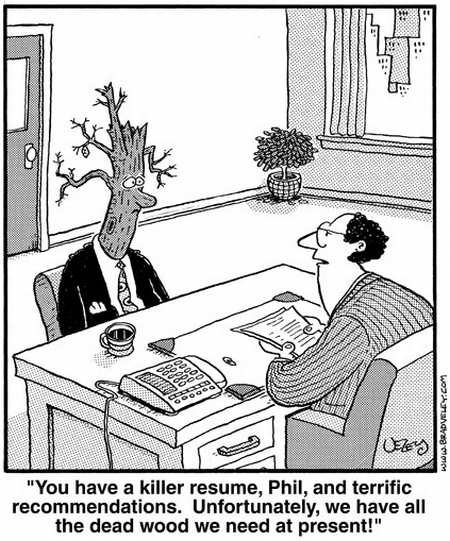Unless you have been in a coma or held hostage by kidnappers that don’t allow access to general media, it will be blatantly obvious that a very severe downturn in metal prices currently prevails. Apart from the few very clever pundits gazing at goat entrails, no-one can give a confident assessment of when things will look up.
Unfortunately, the current mining and exploration doom and gloom translates to many geoscientists out of work. Forget about the people in Geelong etc who have staggered along happily in industries propped up by government funding (i.e. your taxes and mine) and who seem to have their hard-luck stories thrown at you on every commercial current affairs show. I’m sure the number of geoscientists recently retrenched would equal that required to fill a factory pumping out family sedans.
 In May 2013, Ford announced the end to local car manufacturing in Geelong, Victoria, despite receiving large government funded subsidies. Illustration by David Pope. Source: The Sydney Morning Herald.
In May 2013, Ford announced the end to local car manufacturing in Geelong, Victoria, despite receiving large government funded subsidies. Illustration by David Pope. Source: The Sydney Morning Herald.
But wait a minute. I am parochial when it comes to my profession and there is more than one side to the implications of geoscientist retrenchment. As we have all seen, when metal prices are low, mining and exploration companies tighten their belts. This cost reduction almost always expresses as lay-offs of exploration geologists, combined with requests for dramatic reduction of exploration budgets. Those costs increase overheads, and investors want companies that are efficient and productive.
The unfortunate truth is that large, profitable deposits can hide a litany of problems, including the presence of a lot of geological dead wood.

Source:
Recruiter Musings
Similarly, the big companies with the profitable deposits seem to have a lot of people whose roles we can’t really fathom. Who hasn't wondered what the HR department does? Or that person who seems to exist solely to let people know there is cake in the kitchen for morning tea. Unfortunately, this is also true of many geology departments. We have all stamped around the office at some point and wondered why some of the ‘team’ members are allowed to continue practicing their ineptitude. As such, I can also see some of the benefits to this process of laying people off en masse. It stops the managers from taking the responsibility for retrenching the village idiot who is part-timing as a geologist because he/she simply becomes an unfortunate casualty of the cost-cutting process.
Given the above, it would be good to think that industry would learn a few lessons and refill the ranks with decent, dedicated, geologically proficient personnel. Unfortunately, many companies seemed to get a bit lazy during the minerals boom. On speaking to a number of consultants it became obvious that their recommendations were never implemented.
One of the most maddening and alarming things Orefind notes during on-site project work is that far too many of the geology personnel need fundamental training/retraining.
We accept that knowledge in structural geology and ore deposit modelling is something that comes with experience and that upskilling in these areas is a legitimate area for requested training. However, teaching people to use a compass, to understand geological cross-cutting relationships, or to map a development cross-cut are commonly tasks that are beyond the capability of people who should know better. In another case, the exploration division of a major company had mountains of personal protective equipment but had no compasses. Methinks that this was a crazy situation and that maybe a little bit of balance needs to be installed.
 Astronaut Neil Armstrong during geology training for the Apollo program. Mr Armstrong, an aerospace engineer, was better equipped and geologically trained during the 1960s than some geologists during the past mineral resources boom. Source: Smithsonian.
Astronaut Neil Armstrong during geology training for the Apollo program. Mr Armstrong, an aerospace engineer, was better equipped and geologically trained during the 1960s than some geologists during the past mineral resources boom. Source: Smithsonian.
Crazy situations aside, there is commonly a lot of geological dead wood that will not be missed when the cost-cutting exercise is undertaken. The task that business and management have to undertake correctly is the recognition of skilled versus unskilled geologists and to retain or retrench accordingly.
Despite the fairly facile comment above regarding en masse layoffs, whole-sale retrenchment benefits no-one – neither the company nor the geoscientist gain anything when good personnel are sent packing. In many cases, the retrenchments benefit the mediocre, or those people smart enough to engineer a golden handshake. I have one colleague who threatens to write a book with a title along the lines of ‘Financial Success Through Serial Redundancy’.
For those people who are not lucky enough, or have not been in a role for long enough, the redundancy is a pretty cruel reminder of the cyclical nature of this profession we have chosen. As someone else said to me the other day, following his own retrenchment, it is going to be a long winter. Hopefully some sanity will prevail and the good guys will still have jobs when the snow settles.